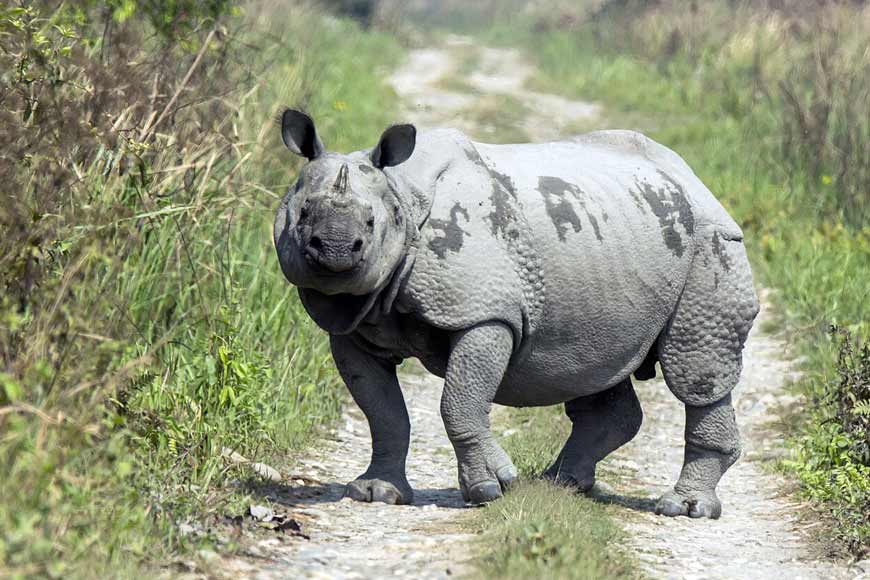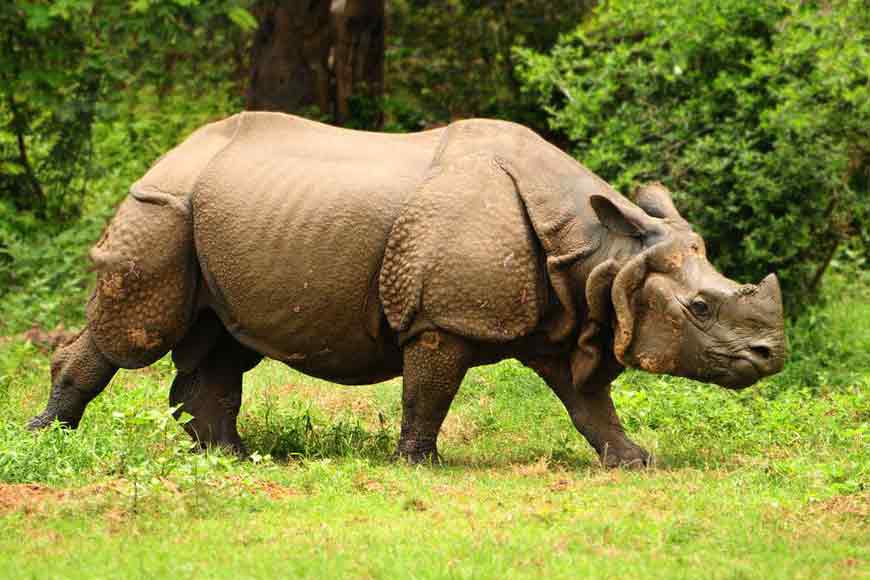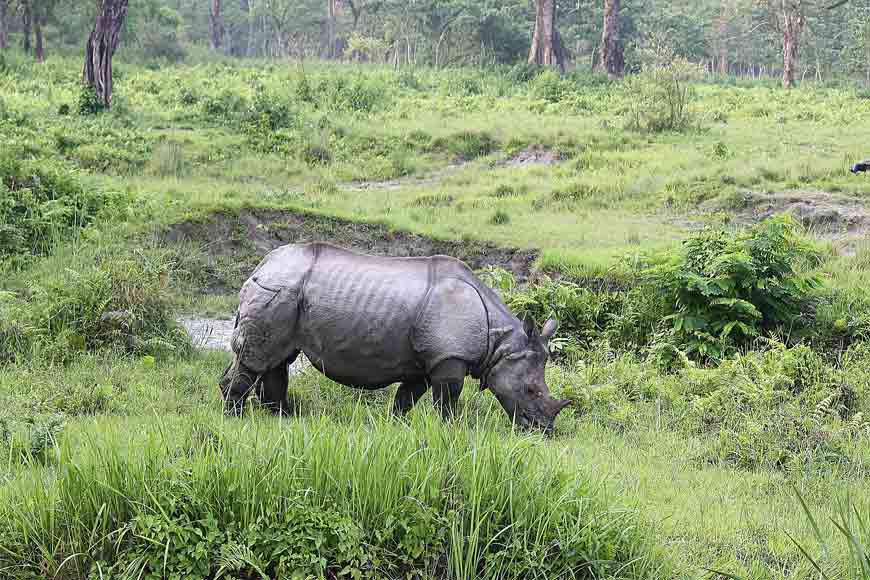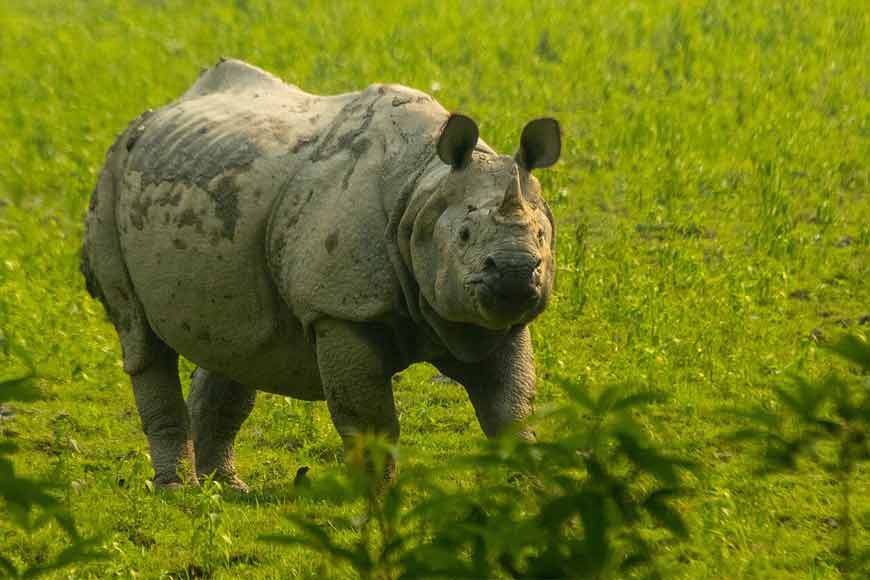West Bengal Now Home to 392 One-Horned Rhinoceros – GetBengal story

In a rare conservation success story, West Bengal has gained a 50% increase in the number of endangered Great One-Horned Rhinoceros. In the latest census, conducted in March 2025, there are 392 rhinos in the state, up by a significant margin from the 253 in 2015.
The census led by the West Bengal Forest Department covered 396 square kilometers and included portions of the Jalpaiguri Reserve Forests, Jaldapara and Gorumara National Parks, and Chapramari Wildlife Sanctuary. With the enthusiastic assistance of 15 NGOs and civil society organizations, as well as the committed participation of 631 forest personnel, the count was carried out on March 5 and 6.

With census estimates ranging from 58 to 63, Gorumara National Park situated in the Dooars region of northern West Bengal, is currently home to about 61 rhinos. This shows a significant increase from the park's previous count of 49 in 2015, indicating that habitat management and conservation are on the rise.
Also read : The amazing natural heritage of Jaldapara
In India, wild one-horned rhinos are found only in three states: Assam, Uttar Pradesh, and West Bengal. While Assam remains the stronghold with a population of nearly 2,900 rhinos, thanks largely to Kaziranga’s 2,600+ rhinos, West Bengal has firmly secured the second spot. Uttar Pradesh, by comparison, has around 40 rhinos.

Officials credit the success to effective habitat protection, anti-poaching measures, and community participation. According to a senior forest department official, “The census results are a testament to years of dedicated work by forest staff, NGOs, and local communities,”. The entire forest department is proud to see such growth in rhino population.
West Bengal's collaborative model might serve as a model for other states and species. It is highlighted by the use of contemporary census techniques and the participation of a wide coalition of conservation groups.

Though figures are encouraging, conservationists warn that vigilance must be maintained. Human-wildlife conflict, climate change, and habitat fragmentation persist as challenges. But with firm foundation and community involvement, West Bengal is setting an optimistic example for the legendary one-horned rhinoceros.
As the state celebrates this conservation landmark, it also asserts its position on the wildlife map of India—proud to be a guardian of one of the world's most regal and ancient species.











